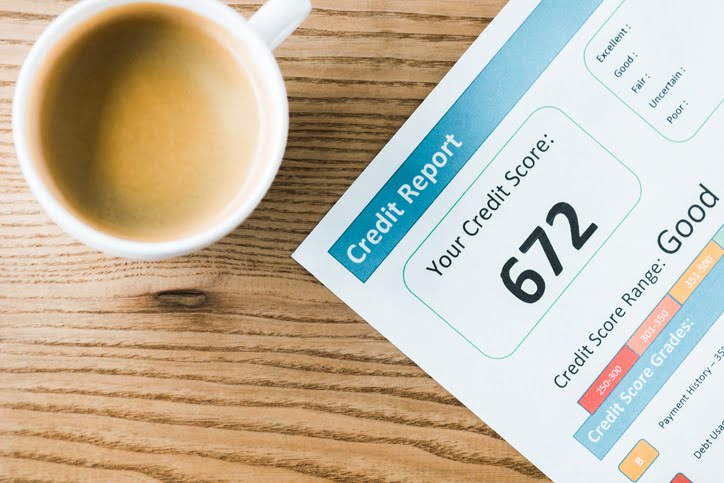Understanding Your Credit Score
Managing your personal finances can be complicated, but it doesn’t have to be. One valuable tool to help you do that is your credit score. This number, derived from your financial activity like credit card payments, determines your creditworthiness to banks and other lenders. The personal bankers at Citizens Bank are here to help you understand this number and why it is an important part of your financial health.
What is Included in My Credit Score?
A credit score is a number, typically between 300 and 850, that determines whether a lender should grant you credit. The average American has a credit score of 705. It is comprised of a variety of different factors and activities. You can increase or decrease your score depending on your financial habits. Below, we break down the various components of your credit score and their importance to your financial health.
Open Accounts
The type and number of accounts that you have open can impact your credit score. These accounts include credit cards, mortgages, and other loans like car loans. If you open a new account, it may lower your score as an inquiry will be put on it by the credit card company or bank. Meanwhile, having a long history of credit with an individual account can help to increase your score.
Timely Payments
Making timely payments on your credit cards and loans can help you to increase your credit score. However, if you miss a payment or are late, your score can decrease significantly, especially if your account goes into collections. To help you make your payments on time and maintain your credit score, consider using online banking with auto-pay options to pay your bills. These tools allow you to schedule payments ahead of time, so you don’t have to worry about them.
Amount of Available Credit Used
Your credit card typically has a limit, which is how much money you have available to make purchases using that card. While you cannot overstep this limit, how much of it you use can impact your credit score. To maintain a positive credit score, it is recommended that you only use 30% of the credit available to you. For example, if you have a credit card with a $10,000 limit, you should not use more than $3,000 of it.
Collections
You know that you should pay your bills on time. However, you also know that life happens, and sometimes you may fall behind on payments. If any of your accounts go to collections, it can negatively affect your credit score. In this situation, you should try to pay off these accounts in order to improve your credit score. Your lender or collection agency can work with you on an alternative payment plan that works with your budget and life circumstances.
Outstanding Debt
Making up 30% of your credit score, outstanding debt is a major component in determining your creditworthiness. If you have multiple loans and other debts, it can negatively impact your credit score. Making timely payments on these accounts or paying them off entirely can improve your score.
Credit History
The length of your credit history and the overall age of your accounts can impact your credit score. Over time, your score changes depending on your existing debts and open accounts. Having about seven years of credit history can help you establish a good score. Most negative records, like missed payments and collections, tend to fall off of your credit report around that time.
Where Can I Find My Credit Score?
While you may know what a credit score is, you may not know where to get it or how you can best use it to your advantage. You are entitled by law to one free credit report per year from major reporting agencies like Experian, Equifax, and TransUnion.
In the meantime, online banking tools and credit cards can also offer an estimated credit score based on your payment history and other financial habits. Your personal banker can help you to obtain this report and take action based on the results.
Grow Your Credit Score with Citizens Bank
If you want to grow your credit score, Citizens Bank offers a variety of tools to help you do that, such as credit cards and personal loans. Our personal bankers will work with you to get the credit you need and manage your finances. To get started, contact us online, call us at (615) 327-9787, or visit one of our branches in Nashville or Memphis.
Increase Your Credit Score in Tennessee at Citizens Bank
At Citizens Bank, we want to support our members in managing their finances. One way we do this is through a variety of credit-building services like loans and credit cards. To learn more, contact us online, call us at (615) 327-9787, or visit one of our branches in Nashville or Memphis.

